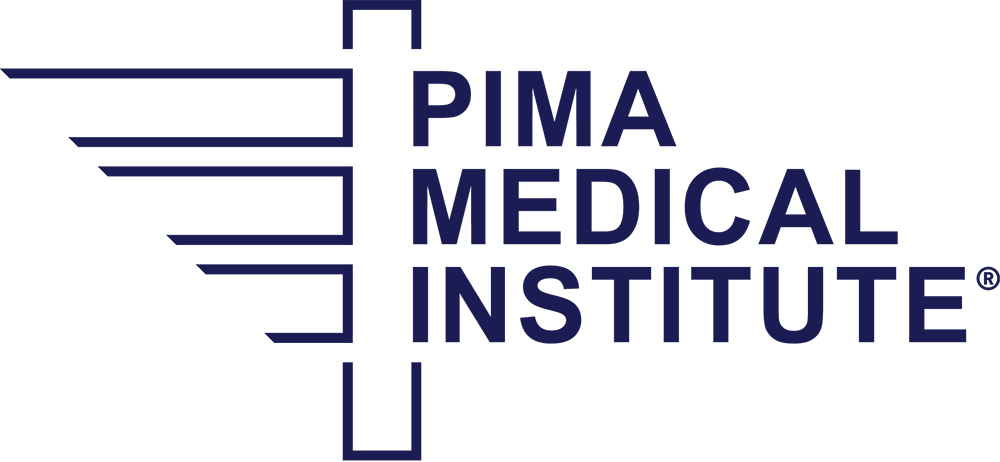The respiratory therapist (RT) focuses on assisting a patient with healthy and efficient breathing. What may come as a surprise is just how many respiratory therapy specialties there are available to professionals. RTs can work in the hospital, in a patient’s home or even on an airplane. Good health starts with healthy breathing, and the RT is on the frontlines. We asked the experts at Pima Medical Institute what the fastest-growing, most challenging respiratory therapy careers are today. Here’s what they had to say:
1. Neonatal Respiratory Therapy: Caring During the Critical First Minutes
Within minutes after being born, an infant’s airways must be cleared to ensure life can begin. Neonatal RTs are in the delivery room, ready to provide immediate respiratory care to babies born prematurely, through a cesarean, a high-risk pregnancy, or after a routine delivery. They monitor an infant’s breathing, treat those born with pulmonary disease or disorders and operate advanced life-support systems for newborns in emergency situations.
2. Pediatric Respiratory Therapy: Helping Kids Breathe Easier
Pediatric RTs work with children of all ages, from birth through adolescence, who may be suffering from conditions such as asthma, cystic fibrosis and lung trauma. Just like neonatal RTs, pediatric RTs also provide oxygen administration, aerosol and medication delivery, blood gas analysis, airway clearance techniques and mechanical ventilation.
3. Surface & Air Transport Respiratory Therapy: Saving Lives by Air and Land
RTs are a vital part of transport teams. They treat critically ill patients during emergency transit, including in the air. While huddled in the back of a helicopter, air ambulance or ground ambulance, these RTs work with nurses, physicians and emergency medical technicians to keep patients alive until they reach a hospital. When they aren’t mid-flight, these RTs are working in other areas of the hospital, from the emergency room to the intensive care unit.
4. In-home Respiratory Therapy: Critical Care in a Comfortable Setting
For patients who have long-term illnesses such as emphysema, in-home care from an RT is necessary. These RTs may work for a hospital, but most work for private companies that provide home respiratory equipment. RTs who like to treat patients and be outside of the typical healthcare environment do well in this specialty. Experts agree home healthcare, including RT in-home care, will continue to rise in demand.*
5. Pulmonary Diagnostics Respiratory Therapy: The Scientists of the RT World
RTs who enjoy the diagnostic aspects of respiratory care may consider specializing in pulmonary function testing. These therapists work in hospital- or physician-office based pulmonary function laboratories, where they conduct the testing required to help doctors determine whether a person has a lung disease, and if so, which one.
6. Polysomnography (Sleep) Respiratory Therapy: Helping Patients Rest Easy
RTs are increasingly being called upon to help diagnose complicated sleep-related breathing disorders. These RTs generally work in sleep laboratories, where they observe and record a sleeping patient’s breathing. There are currently 77 diagnosed sleep disorders—so their job is a challenging and cutting edge one. They must know the function and use of polysomnography equipment and be able to provide safe and effective treatment.
 “When I decided to further my education, Pima Medical was my first choice. I felt very prepared for clinical rotations and found I was well respected as a student wearing Pima Medical scrubs in the hospital setting.”
“When I decided to further my education, Pima Medical was my first choice. I felt very prepared for clinical rotations and found I was well respected as a student wearing Pima Medical scrubs in the hospital setting.”— Nathan, Graduate, Respiratory Therapy, Mesa Campus



